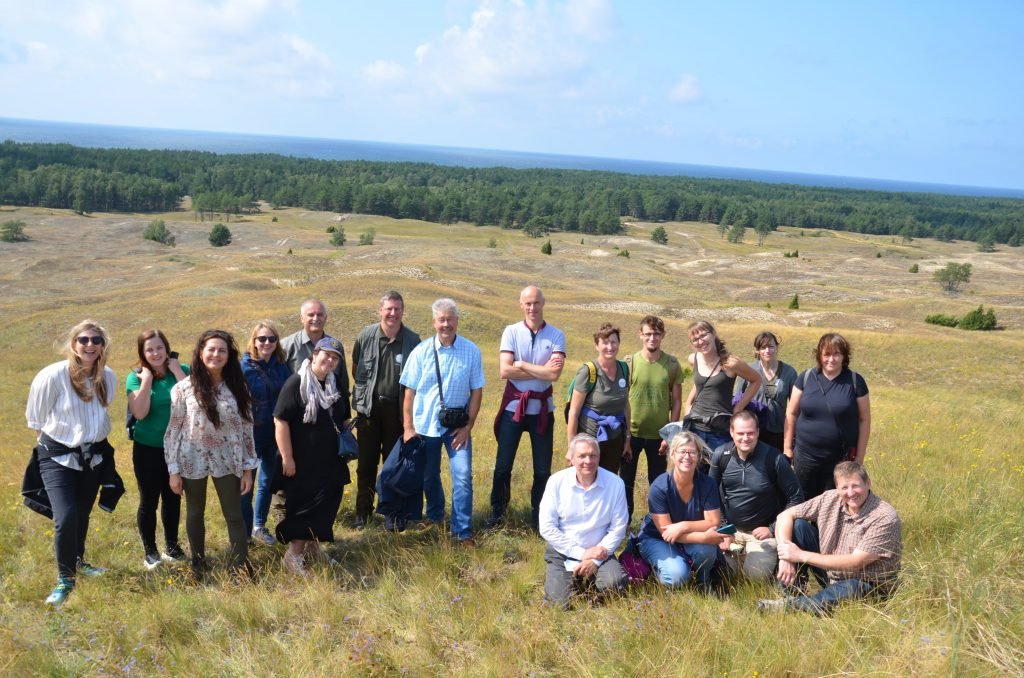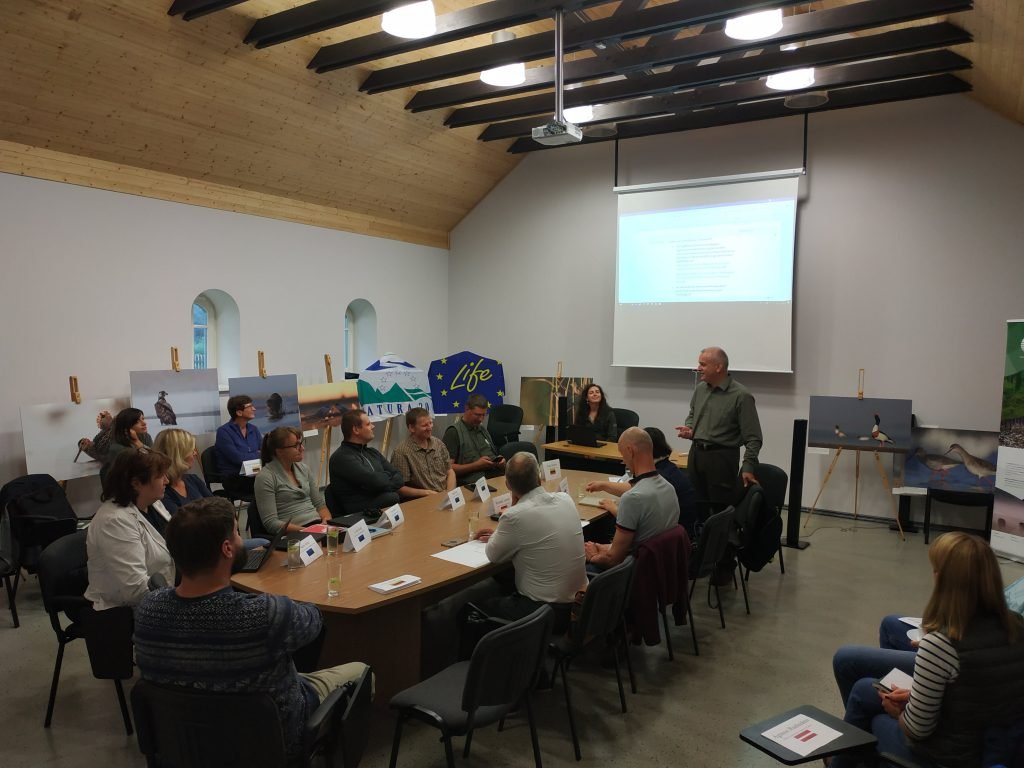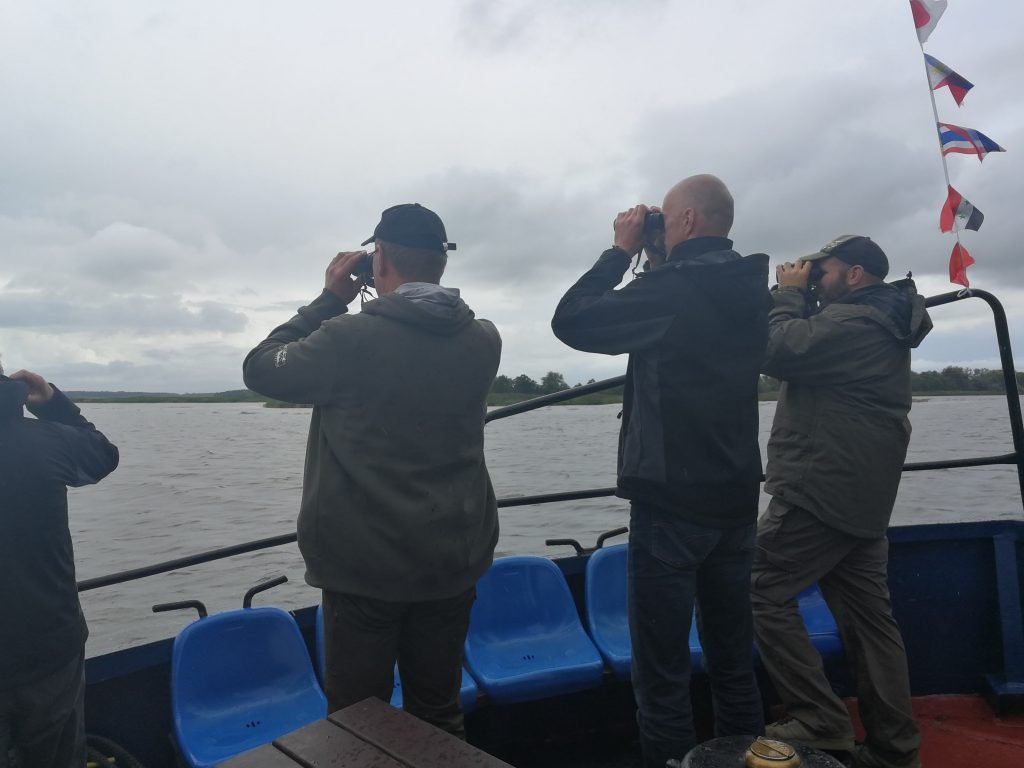
On the 7-9th August, Lithuania, the annual meeting of the heads of Baltic nature conservation institutions took place, this year focusing on LIFE Integrated projects. The event was hosted by State Service for Protected Areas and Environmental Projects Management Agency.
 The meeting provided a networking platform for LIFE Integrated projects from the Baltic States, both ongoing and still in the preparation stage. Thus, the event gave an opportunity to share experiences on different aspects of running a LIFE IP project and to take stock of their preparation and implementation, the first results and the challenges that are faced, possible solutions.
The meeting provided a networking platform for LIFE Integrated projects from the Baltic States, both ongoing and still in the preparation stage. Thus, the event gave an opportunity to share experiences on different aspects of running a LIFE IP project and to take stock of their preparation and implementation, the first results and the challenges that are faced, possible solutions.

“The close cooperation between the institutions of protected areas in Lithuania, Latvia and Estonia in the field of nature conservation has become a beautiful tradition. Each year, meetings are held in a different country and focus on a different topic of nature conservation and on emerging challenges. We are delighted giving special attention to the role of LIFE Integrated projects and their potential for a more efficient Natura 2000 management system for the second year in a row.”- says Birutė Valatkienė, LIFE IP NATURALIT manager, the coordinator of this year’s meeting. According to her, nature ignores national borders. Hence, we must concentrate our efforts on protecting it together. “This platform of cooperation between the institutions of protected areas of the Baltic States is a perfect example of this.” – says B. Valatkienė.
This year’s meeting had a project related thematic focus: policy issues and Natura 2000 management, implementation by filling network baseline gaps, setting favourable reference values and SMART conservation objectives, the development of innovative biodiversity conservation methods, transferability and replicability, stakeholders’ engagement, communication issues. NATURALIT team presented first results of the project activities, outlined the major management and implementation challenges, etc. Latvian and Estonian colleagues shared their experience on major changes and plans in the environmental sector, presented the concepts and main aims of the LIFE Integrated projects being prepared and planned, invited to upcoming events.



Follow – up discussions were also held during the visits to the Natura 2000 sites of the Nemunas Delta Regional Park and the Curonian Spit National Park. Participants continued discussing on the practical aspects of the implementation of LIFE Integrated Projects, their added value and dissemination of the results, networking opportunities.
According to B. Valatkienė, the issues raised during the discussions provided a more comprehensive insight into the importance of integrated projects for the conservation of the Natura 2000 network. “Establishing important contacts will enable us to ensure one of the key objectives of these strategic projects in the future. Particularly, to ensure the sustainability, replicability and transferability of the project results. ”- says NATURALIT project manager.
